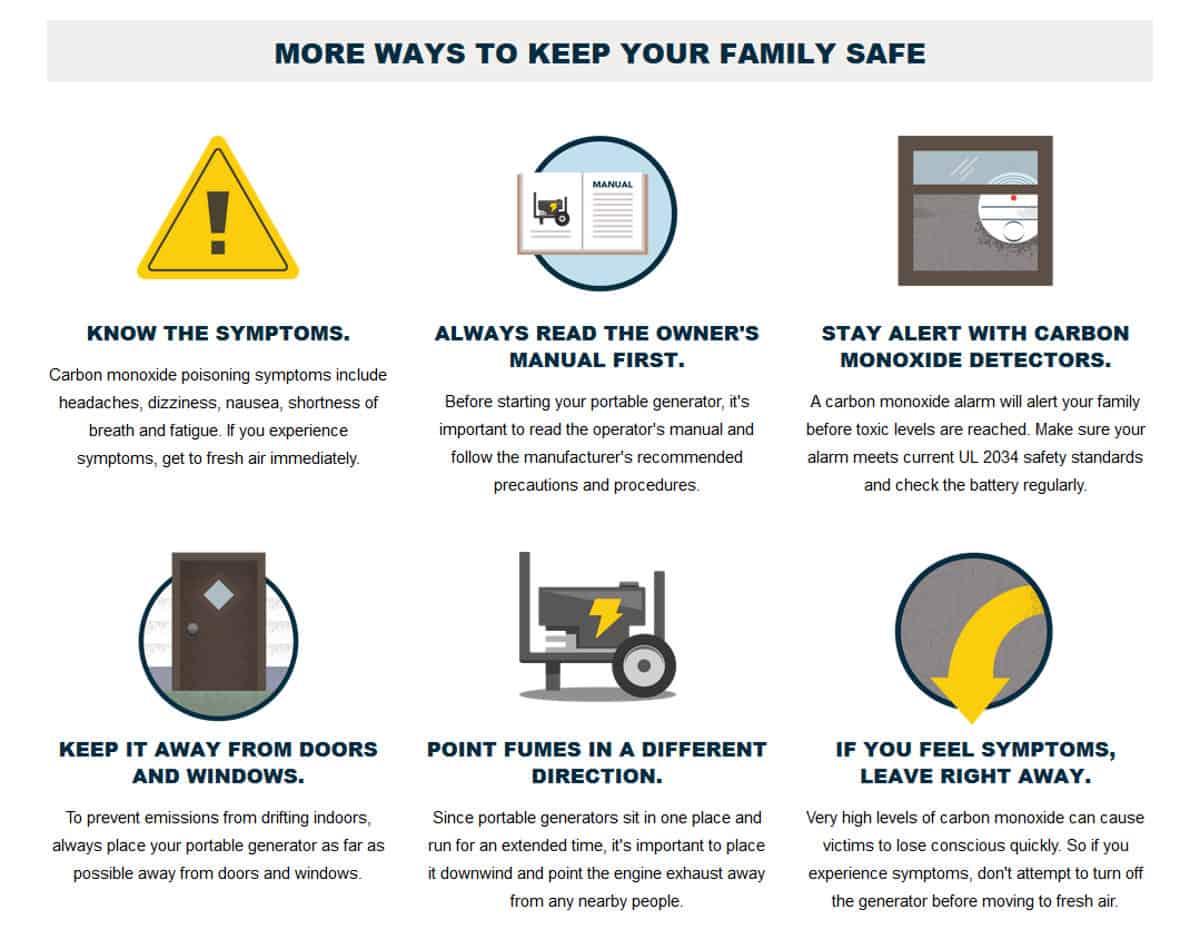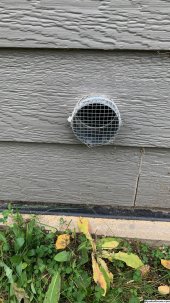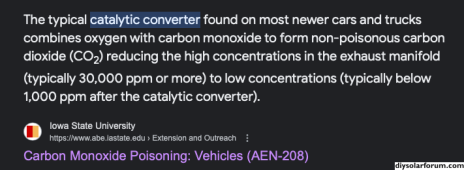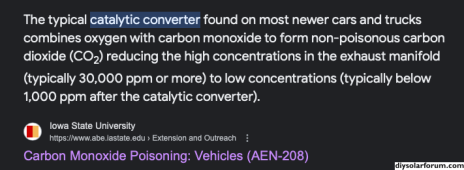Livestream. Then you can get "likes" etc.
Does the system "fail safe" or "fail deadly"?
Your live could be hanging on by a thread.
Off the shelf generators these days have CO shutdown. At least start with that, then add belt and suspenders.
Mitigate ... or Eliminate?
https://www.youtube.com/watch?v=-Y-2eGDClqw

www.skystreamenergy.com
I think that shows 69 ppm from a portable generator.
Modern car might be 1 ppm. (the Ford referred to above probably not modern.)
79 cc x 69 ppm = 5451 e-6 cc of CO per revolution.
5000 cc x 1 ppm = 5000 e-6 cc of CO per revolution.
And the award goes to ... the portable generator.
Besides more total CO, a greater (and harmful) concentration even without recirculation.

en.wikipedia.org
You'll probably survive. Most people do. ??
















